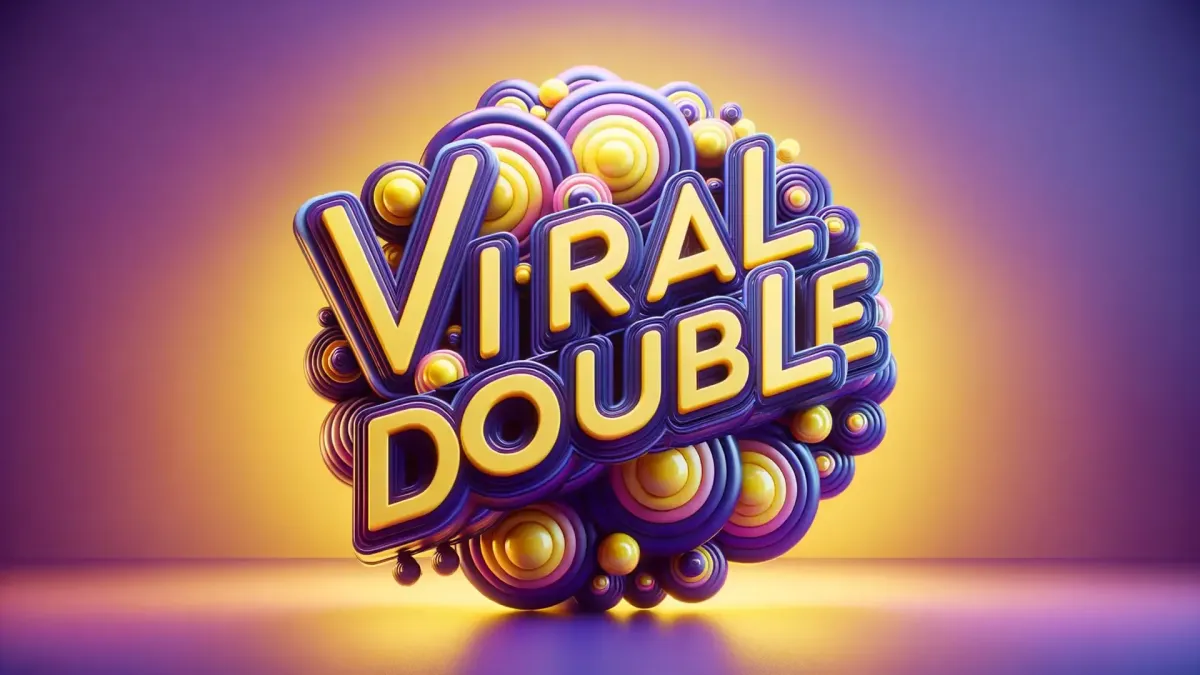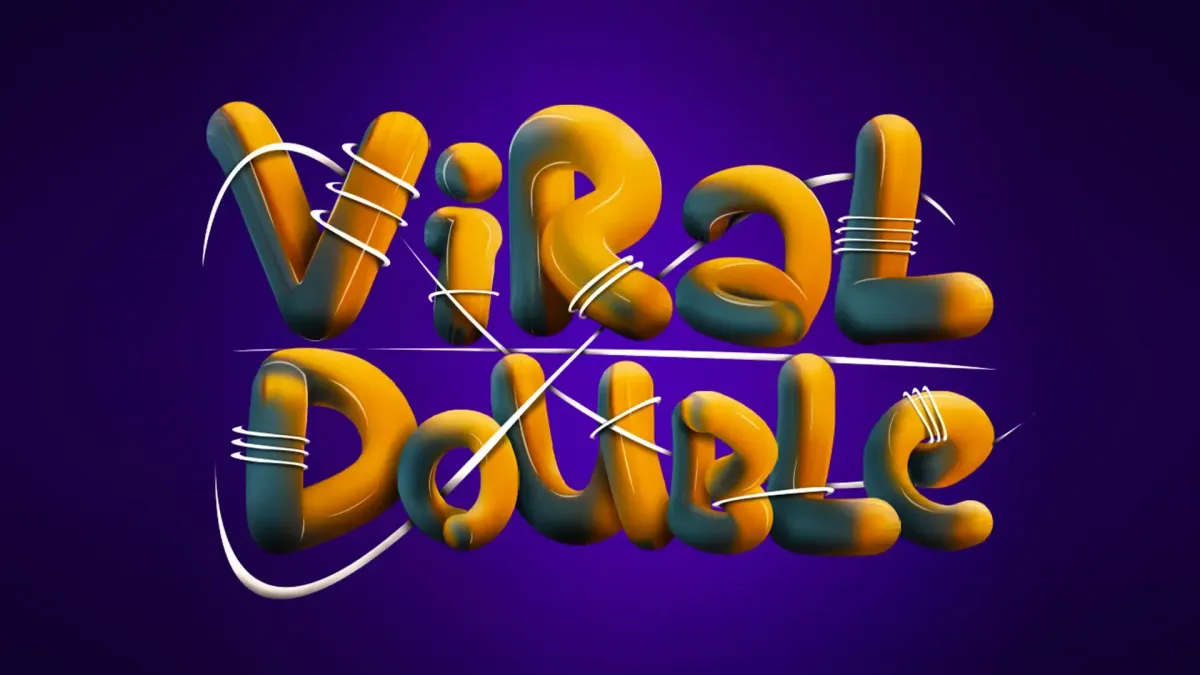Latest Marketing Blogs and Articles
Read the latest news & entertaining articles about AI, marketing, AI in marketing

What Percentage of Small Businesses Use Digital Marketing in 2025?
In 2025, digital marketing is no longer optional for small businesses – it’s practically a necessity. With nearly every industry shifting online and consumers relying more on digital sources for purchasing decisions, small businesses are increasingly investing in digital marketing to stay competitive.
So, exactly how many small businesses are leveraging digital marketing in 2025?
The answer may surprise you. According to recent data, an estimated 87% of small businesses are using some form of digital marketing. This is a significant jump from just a few years ago and reflects the growing awareness of the impact that a strong online presence can have on business success.
Why Are So Many Small Businesses Turning to Digital Marketing?
There are several compelling reasons why nearly 9 out of 10 small businesses are going digital with their marketing efforts:
Wider Audience Reach: Traditional marketing like print ads or billboards only reaches a limited audience, while digital marketing allows small businesses to connect with thousands or even millions of potential customers online.
Cost-Effectiveness: Digital marketing, especially for local audiences, often costs less than traditional marketing. Tools like social media ads and search engine optimization (SEO) can be very affordable.
Targeting Precision: Small businesses can target specific demographics based on age, interests, geography, and online behaviors – something that’s impossible with traditional marketing.
Analytics and Tracking: Digital tools offer insights and analytics that allow small businesses to measure and optimize their efforts in real time, ensuring they get the most out of their budget.

Breakdown: How Small Businesses Are Using Digital Marketing in 2025
Here’s a deeper dive into the different digital marketing channels that small businesses are using:
Social Media Marketing: Roughly 78% of small businesses are active on at least one social media platform. Platforms like Facebook, Instagram, and TikTok remain favorites, helping businesses to engage with their audiences and showcase their products or services in a visually engaging way.
Search Engine Optimization (SEO): About 68% of small businesses focus on SEO to improve their website’s visibility on Google and other search engines. For businesses that rely on local customers, ranking higher in local searches (like “coffee shop near me”) can make a big difference.
Email Marketing: Surprisingly, email marketing is still going strong. Approximately 64% of small businesses use email marketing to keep in touch with their customer base, often yielding one of the highest returns on investment for digital marketing methods.
Pay-Per-Click (PPC) Advertising: Around 55% of small businesses invest in PPC advertising. Google Ads and social media ads are the most common, offering quick visibility and targeting options that are hard to match.
Content Marketing: Content marketing (including blogs, videos, and infographics) is used by 52% of small businesses to boost their SEO, establish authority in their niche, and provide valuable information to customers.
Chart: Small Business Digital Marketing Channel Adoption in 2025

Note: These numbers are approximate and may vary by industry and region.
How Much Are Small Businesses Spending on Digital Marketing in 2025?
Digital marketing budgets for small businesses vary widely. On average, a small business spends between $500 and $5,000 per month on digital marketing, depending on their goals and available resources. Here’s a quick breakdown of what these costs typically cover:
Social Media Advertising: Starting at around $100 per month on Facebook Ads or Instagram Ads. Many businesses spend more for broader reach or more competitive industries.
SEO Services: SEO can range from $500 to $1,500 per month if outsourcing to an SEO expert or agency.
Email Marketing: Email marketing platforms like Mailchimp and Constant Contact offer affordable plans, starting as low as $20 per month.
PPC Advertising: A small business may spend $300 to $1,000 per month on Google Ads or Bing Ads, depending on the keywords targeted and competition.
The ROI of Digital Marketing for Small Businesses
Small businesses can see substantial returns on their digital marketing investment. Here’s a rough breakdown of average ROI by channel in 2025:
Email Marketing: Has one of the highest ROIs, often reaching $36 for every $1 spent.
SEO: Although ROI varies, small businesses that rank high on local search results can see significant returns, with SEO offering around $10 for every $1 invested.
Social Media Advertising: ROI depends on the platform and audience targeting but typically falls between $5 and $8 for every $1 spent.
Benefits of Digital Marketing for Small Businesses
Digital marketing offers a range of benefits for small businesses, including:
Brand Visibility: Consistent digital marketing helps build brand recognition.
Customer Engagement: Digital marketing allows for real-time interaction with customers, whether it’s replying to comments or handling customer service inquiries on social media.
Scalability: Digital marketing is scalable and flexible, so small businesses can increase or decrease their budgets based on results and available funds.

Case Study: How Small Businesses Are Thriving with Digital Marketing
Let’s look at Sarah’s Bakery, a small neighborhood bakery that turned to digital marketing to expand its customer base. Before 2025, Sarah relied mainly on word-of-mouth and traditional flyers. But when she noticed nearby competitors moving online, she decided to invest in digital marketing.
Sarah started with a simple Facebook page and boosted her posts to reach a larger audience. After three months, she saw a 40% increase in foot traffic and a 25% increase in online orders. By expanding into Google Ads and Instagram, Sarah’s Bakery quickly gained a local following and tripled its customer base in less than a year.
Challenges Small Businesses Face in Digital Marketing
Despite the benefits, digital marketing isn’t without its challenges for small businesses. Here are some of the most common hurdles:
Budget Constraints: Many small businesses have limited marketing budgets, making it difficult to compete with larger brands.
Time Management: Digital marketing requires time and attention, which can be hard to balance with other business responsibilities.
Keeping Up with Trends: Digital marketing trends change rapidly, and it can be hard for small business owners to stay updated on new algorithms, strategies, and best practices.
Trends to Watch: What’s Next for Small Business Digital Marketing?
As we look beyond 2025, a few emerging trends are worth noting:
Video Content Continues to Dominate: Video remains one of the most engaging forms of content. Platforms like TikTok and Instagram Reels are ideal for small businesses to connect with younger audiences.
AI-Powered Marketing Tools: Tools that use artificial intelligence (AI) are becoming more accessible and can help small businesses improve targeting, customer segmentation, and ad performance.
Sustainability Marketing: As consumers become more eco-conscious, small businesses are adopting sustainable practices and communicating them in their marketing efforts.
Final Thoughts
Digital marketing has quickly become the backbone of small business marketing strategies in 2025. By investing in digital channels, even the smallest businesses can reach new audiences, increase their brand visibility, and drive sales in ways that would have been impossible with traditional marketing alone.
Sources: wikipedia.org, your marketing coach.
Do you need help with your marketing, your website, SEO, Google Ads, Facebook Ads? We will take care of you!
We specialize in helping companies around the world outperform their competitors and generate more sales. Thanks to our customized AI marketing solutions, we guarantee 7 times better results! We are leaders in what we do and our awards speak for themselves.

Book a Consultation
I agree to terms & conditions provided by the company. By providing my phone number, I agree to receive text messages from the business.
Get in touch with us today!
Contact us today and discover why we're the No.1 AI Online Marketing Agency trusted by top brands worldwide. Let's turn your vision into reality and watch your business soar to new heights. Online marketing has never been this powerful—experience the Viral Double difference today!

Viral Double - your own online marketing agency.
At Viral Double, we believe in transparency, innovation, and above all, results. Our success stories speak for themselves, showcasing how businesses like yours have thrived under our guidance. Whether you're a startup looking to make waves or an established brand seeking a digital transformation, we're here to guide you every step of the way.


